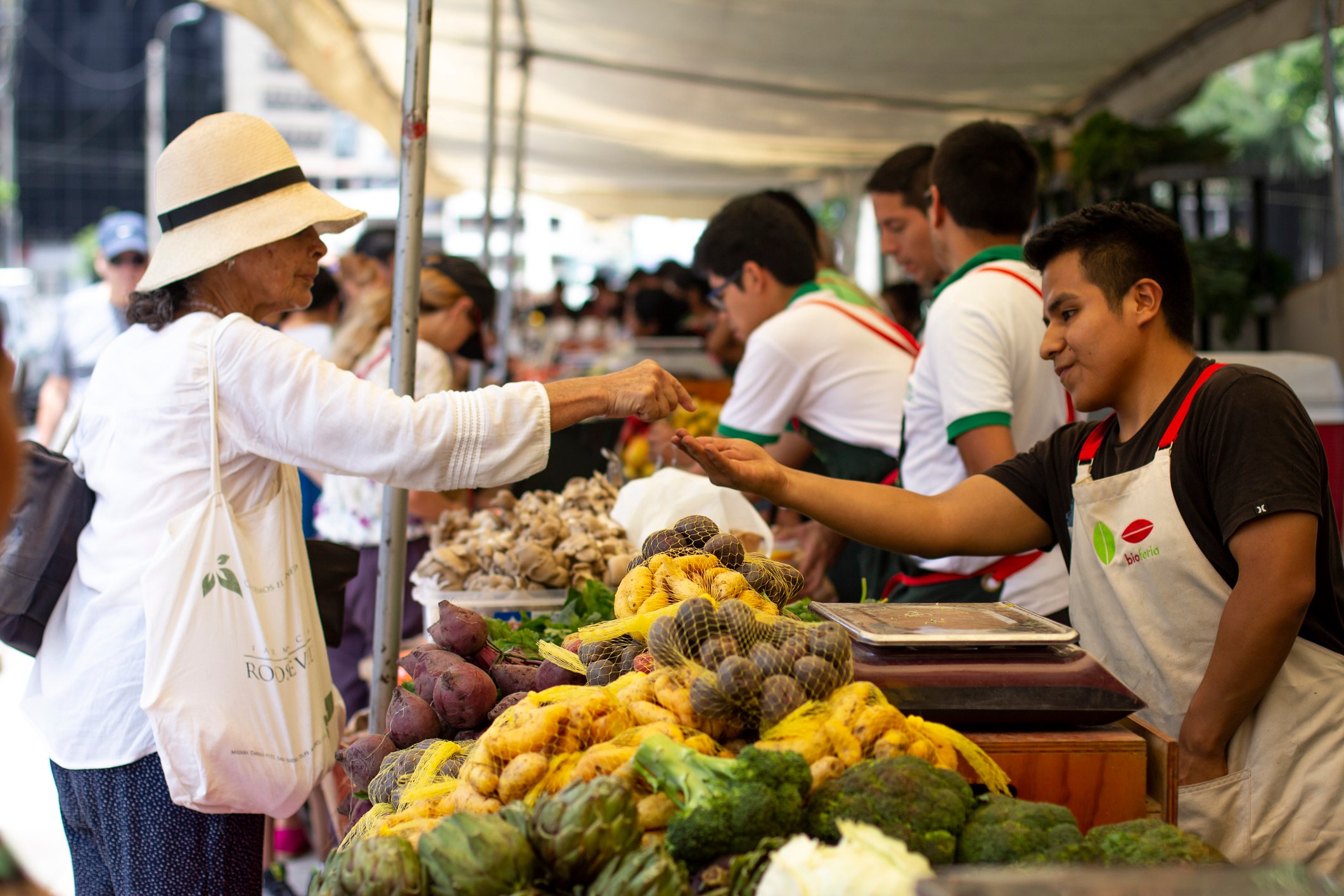You’re not just passing through Costa Rica, you’re building a life here.
That mindset shift matters. Whether you’re here on a scouting trip, planning a sabbatical, or beginning your relocation journey, one of the first and most powerful ways you can show respect to your new community is simple: speak Spanish (or at the least) try to… Not perfect Spanish. Not even full sentences. Just effort. Because here in Costa Rica, effort = connection.
You might be surprised how often new arrivals start talking in English without even asking. But Costa Rica isn’t just a warm-weather version of back home — rather it’s a proud, Spanish-speaking country with a culture rooted in kindness, courtesy, and calm. And in that culture, humility goes a long way. When you try, even just a little, people see that effort. They feel it. And they typically meet it with kindness, patience, and connection.
Expats Expect. Immigrants Adapt.
With our clients who are scouting Costa Rica, we talk about the difference between an expat and an immigrant. Expats often arrive expecting things to work “like back home.” They assume others should speak English, that things should feel familiar, convenient, seamless.
Expats show up with expectations: things should be convenient, familiar, and in English, often treating the country like a product. Immigrants, on the other hand, arrive with intention. With curiosity. With respect. They ask. They listen. They try. And the easiest place to start? Language.
Because when you speak Spanish (or even just try), it shows you’re here to connect, not consume. That you’re not hovering above the culture, you’re stepping into it.
Simple Phrases, Big Impact
Costa Rican Spanish is polite and warm. Ticos often use “usted” instead of “tú,” especially with strangers, and phrases are softened with courtesy.
Here are a few everyday phrases you can use that are natural and well-received here:
- Hola, buenos días / buenas tardes / buenas noches
Hello, good morning / afternoon / evening - Disculpe, ¿habla inglés?
Excuse me, do you speak English? (More polite than “¿Hablas inglés?”) - Mi español es muy básico, pero me gustaría intentar.
My Spanish is very basic, but I’d like to try. - ¿Podría hablar un poquito más despacio, por favor?
Could you speak a little slower, please? (More natural than “¿Puedes hablar…?” in this context) - ¿Dónde está la farmacia? / el banco? / el supermercado?
Where is the pharmacy / bank / grocery store? - ¿Por favor, me gustaría…?
Please, I would like… (and then point at the menu at a restaurant)
These phrases are more than words. They are a signal that you’re choosing humility over entitlement, and that you’re willing to build real, lasting relationships in your new home.
What If You Want to Learn, But Don’t Know Where to Start?
First off, if you’re even asking that question, you’re already doing the right thing.
You don’t have to learn everything before you arrive. But you can learn something every day — by listening, asking, and using the tools that are literally in your pocket.
Here are a few simple ways to keep learning on the go:
- Ask locals, “¿Cómo se dice…?”
(How do you say…?)
This phrase is gold. It’s respectful, it invites interaction, and you’ll almost always get a patient, helpful response. Ticos genuinely appreciate the effort. - Use translation and language apps.
These can help you build vocabulary, improve pronunciation, and even practice conversations. Here are a few of the best-rated and easiest to use:
- Google Translate – Great for real-time voice or photo translation; available offline.
- ChatGPT – Tell it you’re a beginner and exploring Costa Rica and ask it to help you practice your basic Spanish.
- SpanishDict – Excellent for definitions, conjugation help, and contextual examples.
- Duolingo – Gamified, beginner-friendly learning with daily streaks.
- iTranslate – Clean, easy-to-use interface with voice-to-voice capabilities.
- SayHi – Especially helpful for real-time spoken conversations with translation.
- LingQ – For more advanced learners; integrates reading and audio together.
Even learning just one or two new words a day builds real momentum over time and makes daily interactions in Costa Rica that much richer.
Pura Vida Starts With a Try
Trying in Spanish isn’t about passing a test, it’s about showing up with heart, humility, and presence. That’s what separates someone who’s just visiting from someone who’s truly beginning a new life here.
Costa Rica doesn’t expect perfection. But it deeply values effort.
So start small. Ask questions. Use tools. Smile through the awkward bits.
Pura Vida begins not with fluency, but with your very first “hola!”

